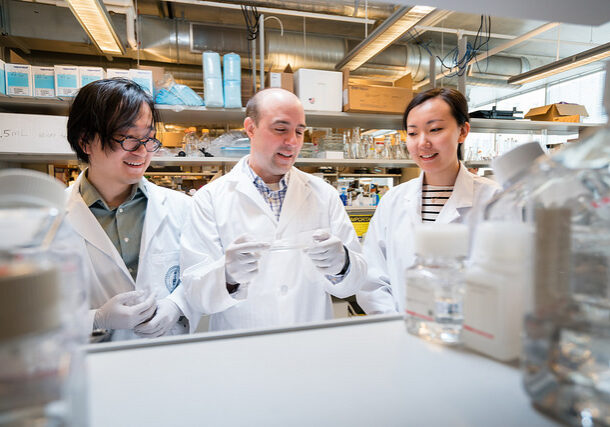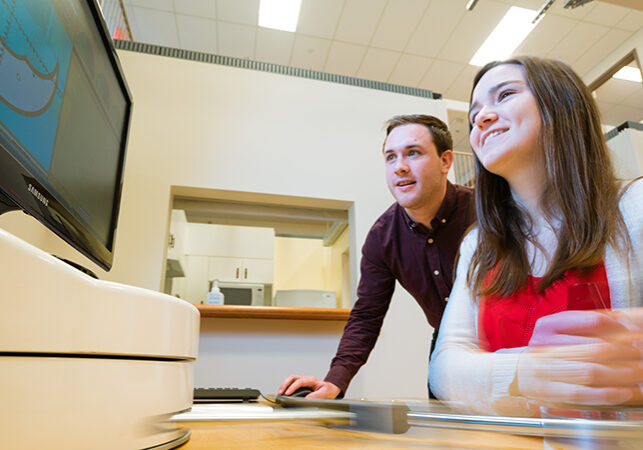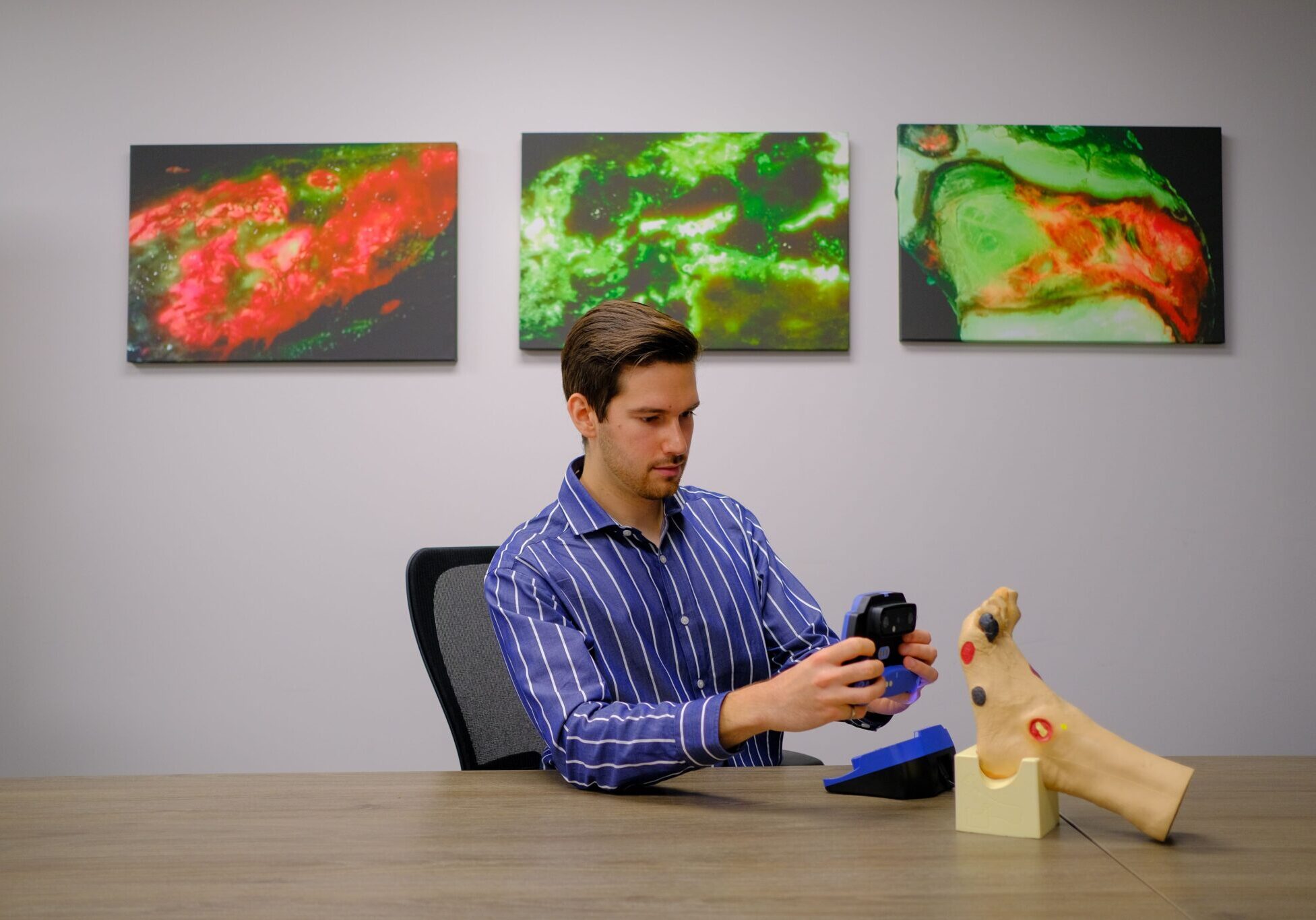Programs Overview
Overview
Are you a prospective student? Here at the Institute of Biomedical Engineering (BME), we connect researchers across the University of Toronto and its partner hospitals to develop innovative solutions to improve human health.
At the Institute of Biomedical Engineering (BME), we have 3 graduate programs and 2 undergraduate programs.
Graduate programs
Doctor of Philosophy
Research degree that exposes candidates to cutting-edge research in a laboratory
Master of Applied Science
Research degree that exposes candidates to cutting-edge research in a laboratory
Master of Engineering
Professional degree that exposes candidates to biomedical device design to commercialization
Graduate programs comparison
| Stream: | Research | Professional |
|---|---|---|
| Program: | PhD / MASc | MEng |
| Focus: | Research intensive training in a laboratory or clinical setting. | Training in biomedical device design, implementation, and commercialization. |
| Career Interests: | Individuals pursuing careers in academia, healthcare, government, or industry, who have a passion for research and development. • Motivated to conduct cutting-edge research • Passionate about academic collaboration and science communication • Keen on becoming key opinion leaders with distinct research specialization | Individuals interested in medical device production from design to implementation in human patients. • Seeking product design knowledge • Interested in learning entrepreneurship fundamentals • Eagar to gain real-world experience in the healthcare sector |
| Degree(s) Required: | Bachelor of Science, Bachelor of Engineering, Master of Applied Science (for PhD only), or Master of Engineering (PhD only). | Bachelor of Engineering or Bachelor of Science. |
| Outcome: | Program graduates excel as leaders in academia, industry, and government agencies across the globe. | Through work-integrated learning, graduates emerge as company founders, technology leaders, and start-up creators in the healthcare sector. |
| Program Length: | approx. 2 years (for MASc) or approx. 4 years (for PhD) | 1 year |
| Funding: | Unit-funded | Self-funded |
| Curricula: | • Coursework • Committee Meetings • Qualifying/Bypass Exam (for PhD) • Thesis • Defense • Final Oral Exam (for PhD) | • Coursework • Practical Experience |
Apply to graduate studies at BME
Undergraduate programs and opportunities
-
Year 1
Engineering Science (EngSci) program students learn fundamentals of different science disciplines and begin team-based design training through praxis courses.
Opportunities:
-
Year 4
Major students may focus on skill advancement and further knowledge and competencies through the completion of specialization courses, thesis, and design/capstone projects.
-
Year 1
Engineering students establish knowledge in math and applied & basic sciences.
-
Year 4
Minor students may focus on skill advancement in one of the three themes (mentioned above) toward becoming a specialist in their respective field.
Read more student news & stories
USRP Symposium 2017 showcases undergraduate biomedical engineering research at U of T
August 16, 2017 | More than 70 research trainees gathered to present their work in the Undergraduate Summer Research Program wrap-up event.
The best place to treat type 1 diabetes might be just under your skin
August 14, 2017 | New research from Professor Michael Sefton’s lab demonstrates viability of implanting pancreatic cells under the skin to treat type 1 diabetes.
Two IBBME PhD candidates named 2017 Vanier Scholarship recipients
June 6, 2017 | Neal Callaghan and Marta Overchuk are this year’s IBBME recipients of Canada’s top doctoral research award
IBBME Discovery Program stimulates high school students to explore the science behind prosthetics
May 26, 2017 | Discovery Symposium showcases pre-university students’ creativity behind biomedical engineering design challenges
IBBME research paves way for an off-the-shelf supply of cells for immunotherapy
May 25, 2017 | Two PhD candidates from Professor Peter Zandstra’s lab have developed new technologies that clear key barriers to developing a renewable source of cells for therapies.
Vicki Komisar receives 2017 IBBME Teaching Assistant Award of Excellence
May 15, 2017 | PhD candidate recognized for outstanding commitment and dedication to undergraduate biomedical engineering course instruction.
IBBME Annual Research Conference 2017 celebrates biomedical engineering research achievements at U of T
May 11, 2017 | The event formerly known as Scientific Day saw more than 300 community members attend and present on the theme of ‘Pushing Boundaries and Regaining Function.’
IBBME welcomes record number of summer research students
May 3, 2017 | More than 80 undergraduate students from across Canada and the U.S. to conduct biomedical engineering research at U of T this summer.
MusiKinesia device could ease therapy for patients with Parkinson’s
May 2, 2017 | Biomedical engineering undergraduate students develop wearable electronic therapy device as part of fourth-year design course.


